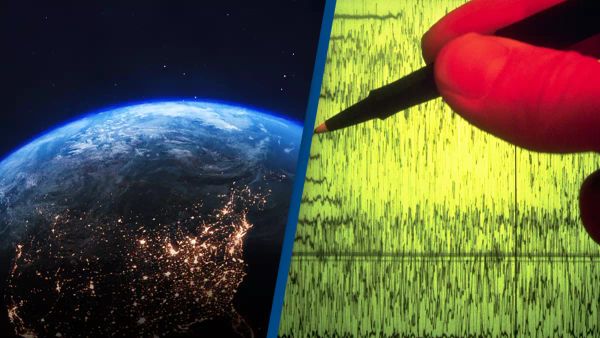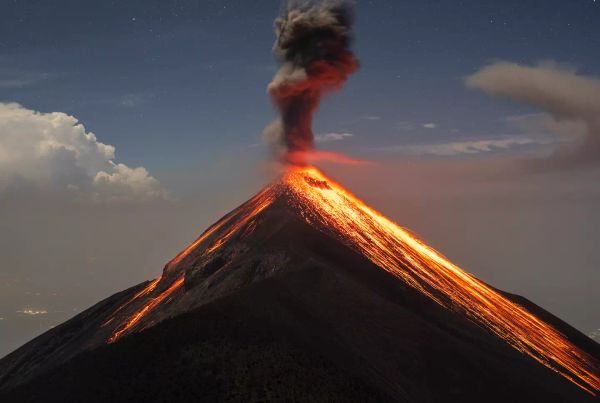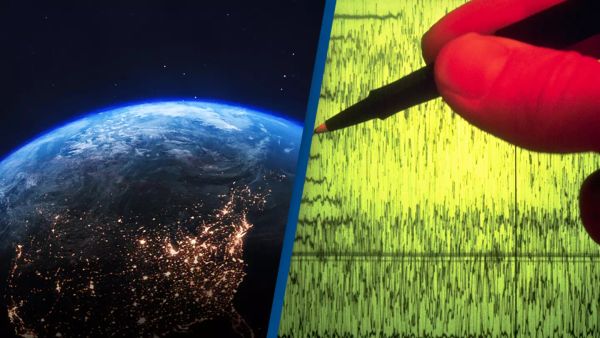Scientists have been scratching their heads for years trying to figure out why the Earth experiences small seismic activity every 26 seconds. This fascinating phenomenon has sparked debates and questions among the scientific community, but no one seems to have a conclusive answer.

A Curious Pulse
Every 26 seconds, the Earth emits a pulse, often referred to as a ‘microseism’. This pulse was first observed in the 1960s by researcher Jack Oliver, who noted that it originated from the southern or equatorial Atlantic Ocean. Interestingly, the pulse is stronger during the Northern Hemisphere’s summer months.

Waves vs. Volcanoes
Scientists have presented different theories to explain the cause of this mysterious pulse. Some believe that waves traveling across the ocean are responsible. As the waves reach the continental shelf, the pressure difference deforms the ocean floor, causing seismic pulses.
On the other hand, some scientists argue that volcanoes might be the cause. Yingjie Xia from the Institute of Geodesy and Geophysics suggested that the pulse’s origin is suspiciously close to a volcano on the island of São Tomé in the Bight of Bonny. There is also another similar microseism caused by the Aso Volcano in Japan.

An Unsolved Wonder
Although there are different theories, the exact cause of this Earthly ‘heartbeat’ remains elusive. As a non-geologist, I’m not sure which theory to lean towards. Nonetheless, it’s fascinating to think that there are still wonders of the world that we can’t fully explain yet.
Topics: Earth, Science, World News






